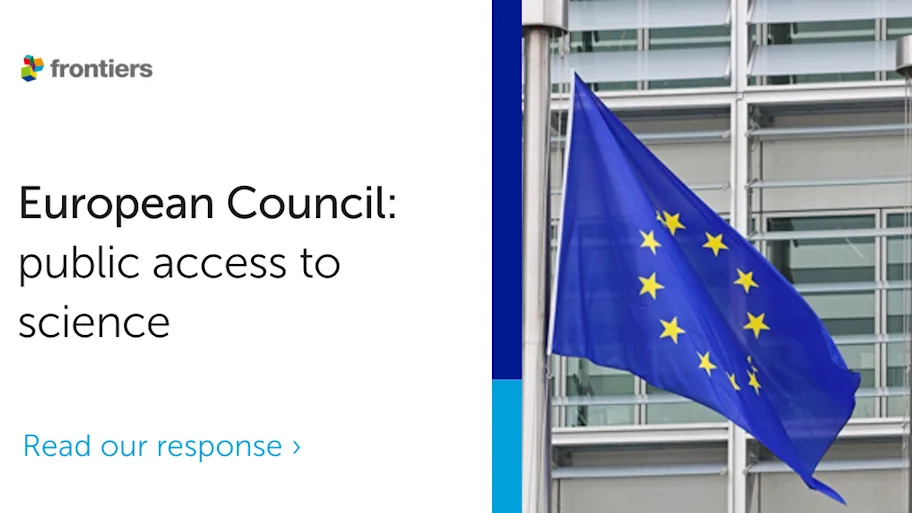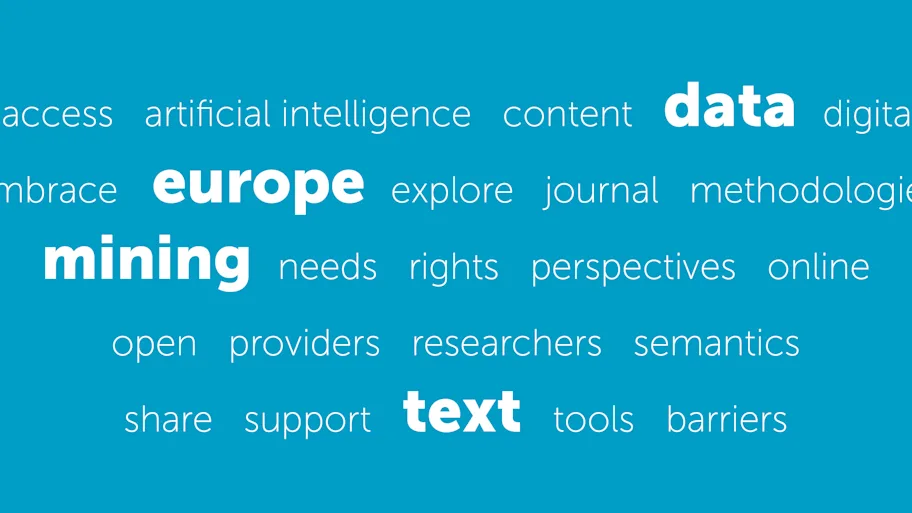
- Science news
- Open science policy
- Horizon Europe: Safeguarding the EU’s role as champion for Open Science
Horizon Europe: Safeguarding the EU’s role as champion for Open Science

Image: Shutterstock
Open access to the results of publicly-funded scientific research provides real benefits — not only to the research community that will work upon this foundation of knowledge, but to all parts of society, including to those who build new business based on technological innovation. Funders, universities, and research organizations worldwide have recognized these benefits and included the principles of open access into strategies, guidelines and mandates. Open science provides a better return on investment for research funding — a view unambiguously expressed recently in the publication by the members of the Coalition S.
The European Union has played a leading role in promoting open science: in the EU’s current framework program for research and innovation, Horizon 2020, all grantees have to provide open access to scientific peer-reviewed papers resulting from this funding. Open access to the research data to the results underlying such publications also has to be provided although it is possible to opt-out from this requirement in case of IP concerns, personal data protection, national security concerns or other important reasons.
As of 2021, Horizon Europe — The European Commission’s new framework research programme — will replace Horizon 2020. The Commission has proposed to retain and extend the associated open science provisions. By putting a renewed emphasis on open science, the Commission aims not only ensure optimal availability to results of the scientific research it funds, but also to stimulate higher levels of excellent research and innovation. This will also improve science communication and enable interdisciplinary research as well as foster innovation for SMEs and other companies.
As the Horizon Europe Proposal passes under the scrutiny of the European Parliament, Frontiers and a number of like-minded open science stakeholders call on the Members of the European Parliament to:
retain an obligation to provide open access to scientific publications that are the outcome of Horizon Europe funding.
continue with stipulating open research data whilst allowing opting-out possibilities in duly justified cases
implement Data Management Plans as an obligation for all projects producing data in order to ensure the proper curation and preservation of data. Emphasis will be put on making data Findable, Accessible, Interoperable and Re-usable (FAIR).
provide incentives and rewards to promote open science practices.
In order to do so, we provide an advocacy paper with a guide to the European Parliament’s open science amendments to the Commission proposal. We call on the Members of the ITRE Committee of the European Parliament to safeguard the open science provisions of the Commission’s proposal, which has been carefully crafted based on a review of best practice in Horizon 2020, so that Europe’s scientists, citizens and its innovative businesses can reap the rewards. Let’s stay open!
Endorsers of the advocacy paper include:
Frontiers (Frederick Fenter, Executive Editor, Frontiers, Lausanne, Switzerland)
CESSDA ERIC (Ron Dekker, CEO, CESSDA ERIC, Bergen, Norway)
Copernicus Publications (Martin Rasmussen, Managing Director, Copernicus Publications, Göttingen, Germany)
eLife (Mark Patterson, Executive Director, eLife, Cambridge, United Kingdom)
Hindawi (Paul Peters, CEO, Hindawi, London, United Kingdom)
MDPI (Franck Vazquez, CEO, MDPI, Basel, Switzerland)
OAPEN Foundation (Eelco Ferwerda, Director, OAPEN Foundation, The Hague, Netherlands)
OASPA (Claire Redhead, Executive Director, OASPA, The Hague, Netherlands)
PLOS (Veronique Kiermer, Executive Editor, PLOS, San Francisco, USA)
► Download advocacy paper (pdf)






